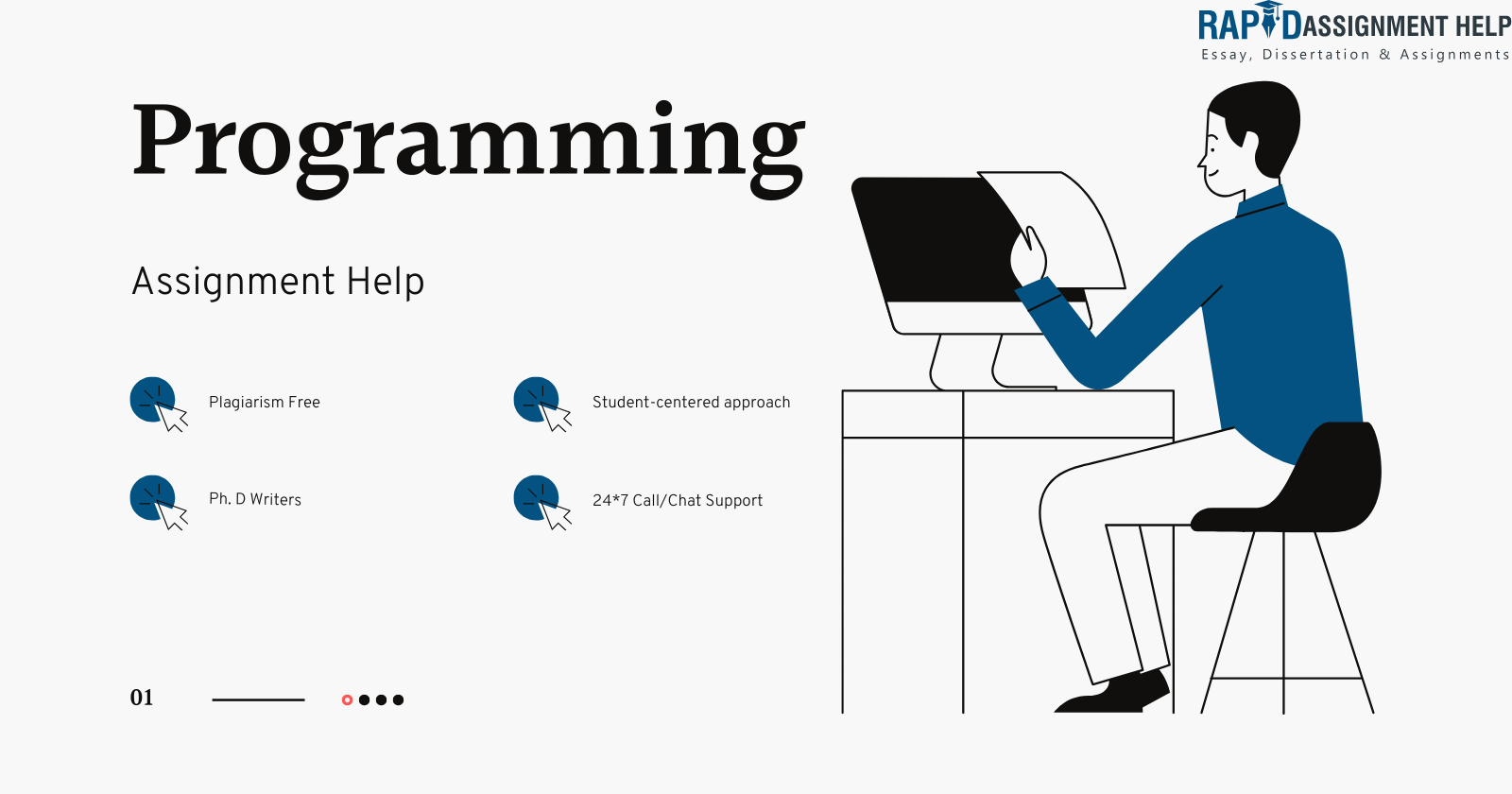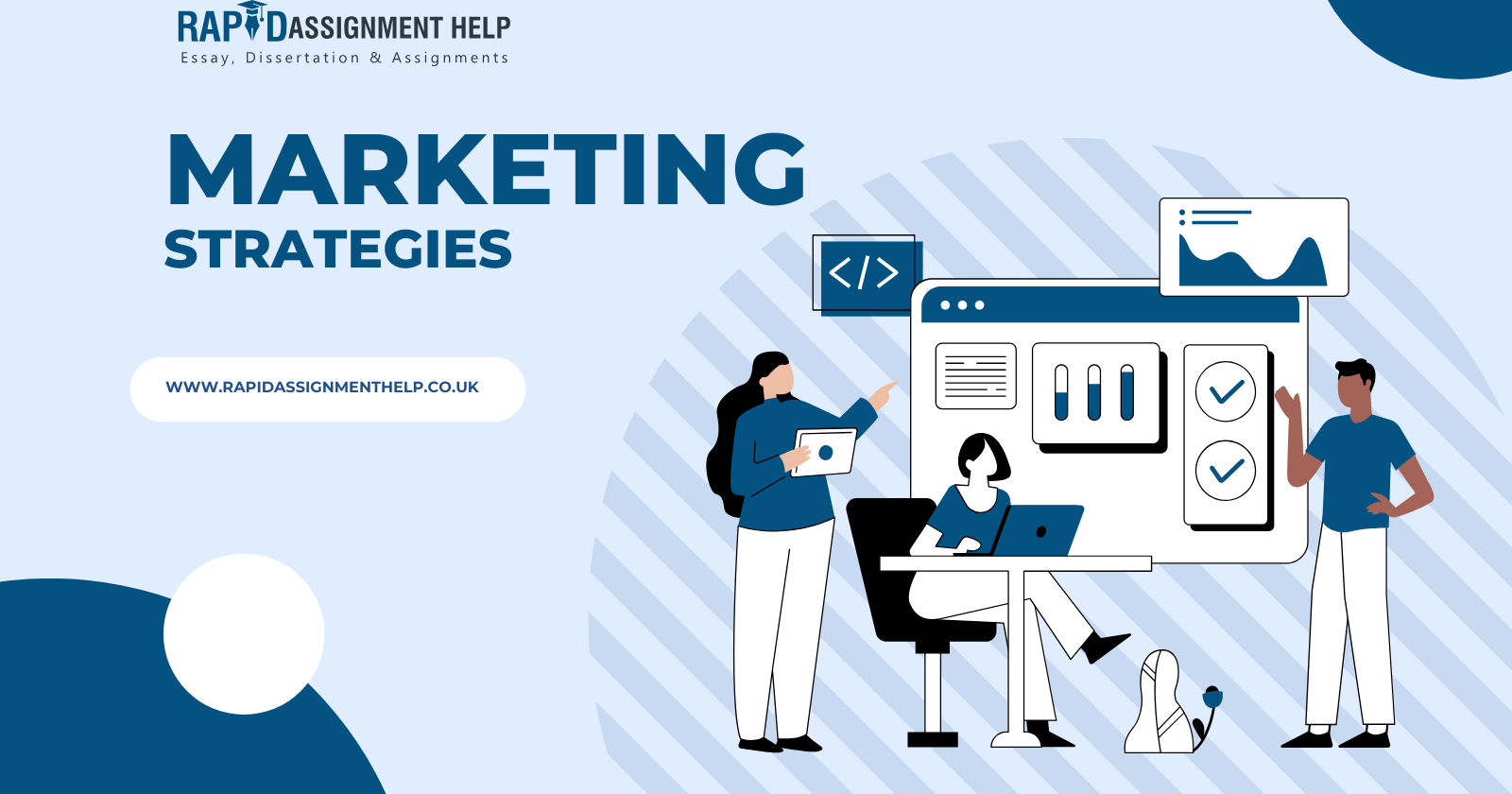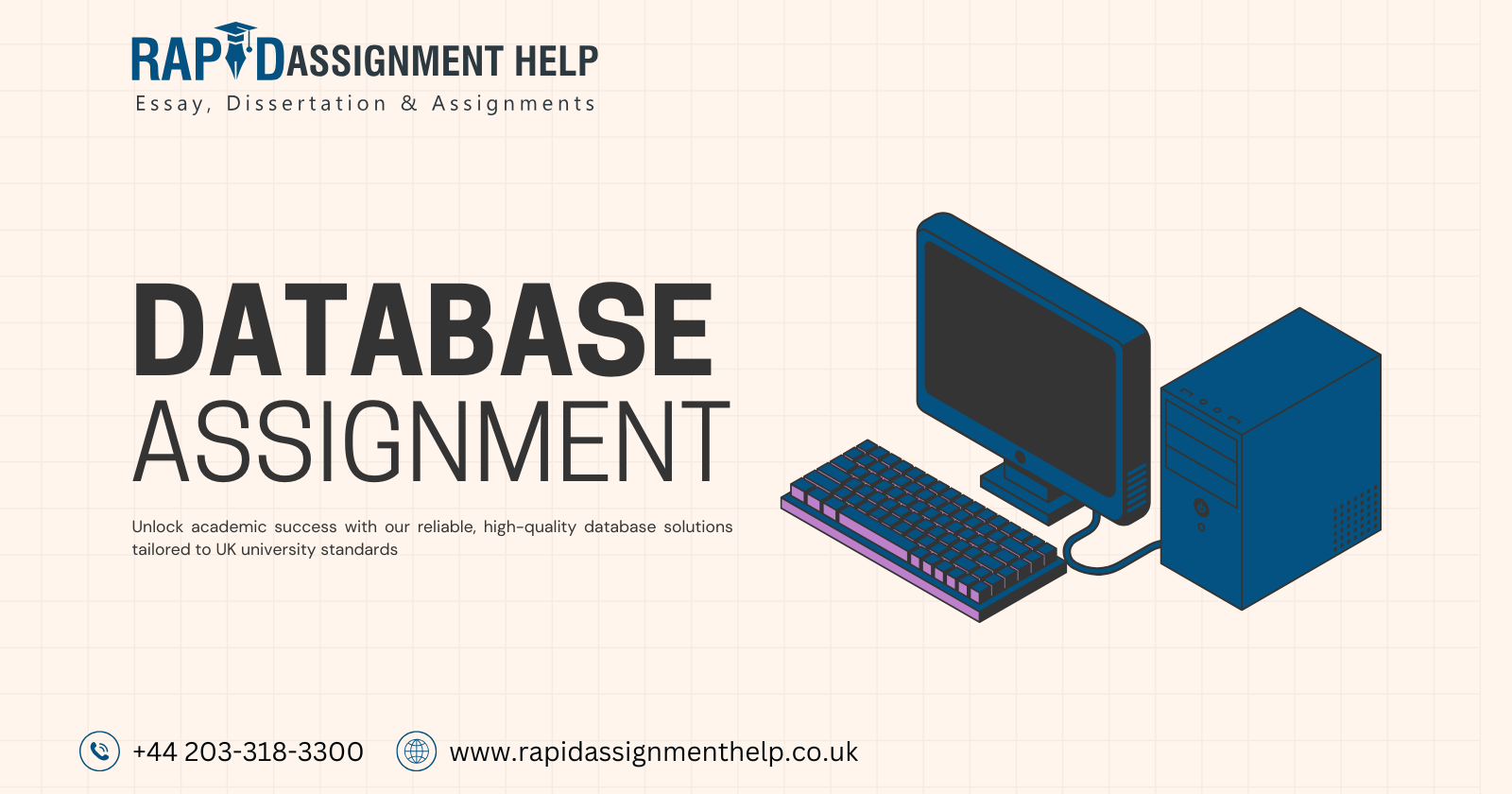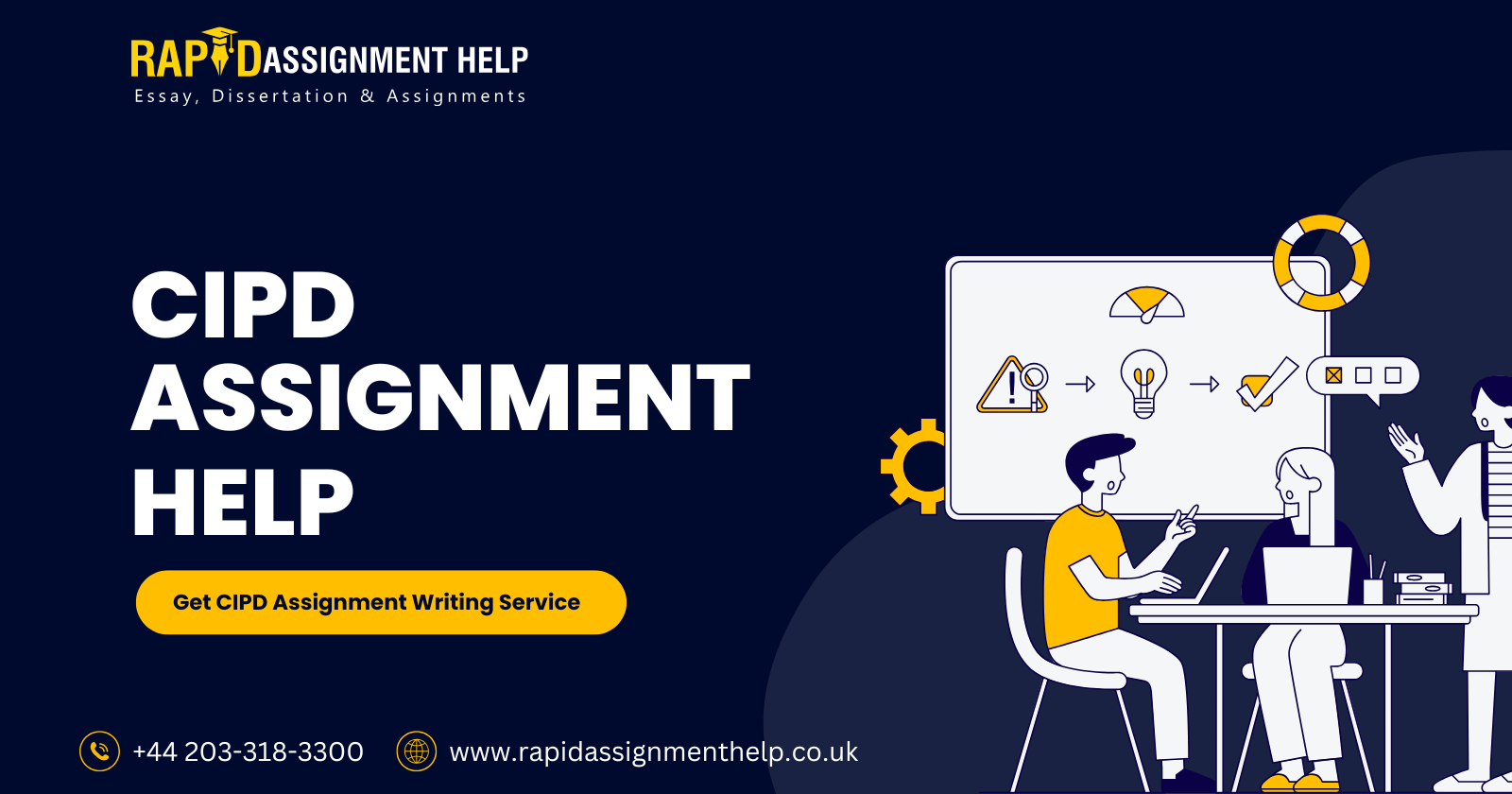The Impact of Social Media on Mental Health: A Psychological Perspective
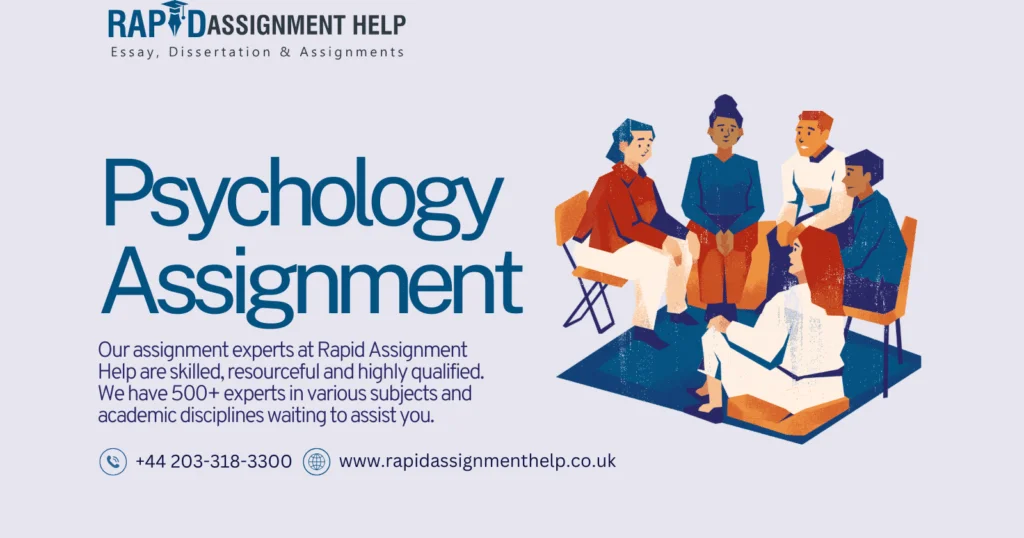
Strong 8k brings an ultra-HD IPTV experience to your living room and your pocket.
Introduction
In the digital age, social media has become an inseparable part of modern life, shaping how we communicate, perceive ourselves, and interact with the world. Platforms like Instagram, TikTok, Snapchat, and Facebook are particularly influential among young people, including students. While these platforms offer connectivity and entertainment, growing concerns exist around their impact on mental health.
As psychology students in the UK, understanding the interplay between social media and mental well-being is crucial. It bridges academic theory with real-world relevance and provides a strong foundation for assignments, dissertations, and future clinical work. For students looking to delve deeper or struggling to structure their coursework effectively, Psychology Assignment Help services can offer valuable guidance and support.
Social Media and the Human Mind: An Overview
What is Social Media from a Psychological Lens?
Social media platforms are not just digital tools—they are psychological ecosystems. They influence behaviour, self-image, cognition, and emotions. Psychologists categorize social media as an environmental factor capable of shaping mental processes in both positive and negative ways.
The Dual Nature of Social Media
Social media can:
Foster social support, especially among marginalized groups.
Encourage creative expression and community-building.
Lead to addictive behaviors, social comparison, and cyberbullying.
Understanding this duality is essential for balanced academic discussion and evidence-based evaluation.
Psychological Theories Explaining Social Media Use
Several psychological theories help explain how and why social media affects mental health:
1. Social Comparison Theory (Festinger, 1954)
People evaluate their self-worth by comparing themselves to others. On social media, this often leads to upward comparisons that lower self-esteem and increase anxiety.
2. Uses and Gratifications Theory
This theory suggests users are active participants who use media to satisfy specific needs—such as the need for belonging, entertainment, or self-expression.
3. Cognitive Dissonance Theory
Social media can create dissonance when there’s a mismatch between a person’s real self and their curated online identity, potentially leading to psychological discomfort.
4. Behavioural Psychology
Likes, comments, and shares act as positive reinforcement, promoting repetitive and compulsive engagement.
Each of these theories offers rich material for assignments, especially when paired with empirical research. Seeking Psychology Assignment Help can ensure proper application of such theories in academic writing.
Mental Health Outcomes Linked to Social Media
1. Anxiety and Depression
Numerous studies, including research by the Royal Society for Public Health (RSPH), link excessive social media use with heightened levels of anxiety and depression, particularly among teens and young adults.
2. Sleep Disturbances
Night-time scrolling disrupts circadian rhythms and contributes to sleep deprivation—another factor linked to poor mental health.
3. Body Image Issues
Platforms like Instagram can exacerbate body dissatisfaction through exposure to idealized and often digitally altered images. This is especially prevalent among adolescents.
4. FOMO (Fear of Missing Out)
Constant exposure to others’ curated lives can induce feelings of exclusion and inadequacy, which in turn may lead to depressive symptoms.
5. Cyberbullying and Online Harassment
Victims of cyberbullying often experience severe psychological impacts, including PTSD, self-harm tendencies, and even suicidal ideation.
Positive Aspects of Social Media
While much of the literature focuses on the negative, it's important to acknowledge the positive dimensions of social media use:
Social Support Networks: Especially for individuals with mental health conditions or those in marginalized communities (e.g., LGBTQ+), online spaces offer validation and emotional support.
Access to Mental Health Resources: Social media helps in disseminating mental health information and raising awareness.
Online Therapy & Apps: The rise of telehealth platforms and mental wellness apps offers convenience and anonymity for users seeking help.
Balancing both sides of the argument is key in academic discussions—a skill that can be sharpened with the help of expert guidance such as Daniel Brown on IndiBLOGHUB.
Cultural and Demographic Considerations
1. Age and Developmental Stages
Younger users, particularly adolescents, are more vulnerable due to ongoing brain development and identity formation.
2. Gender Differences
Studies indicate that females are more likely to experience body image concerns, while males may be less likely to seek help for social media-related distress.
3. Socioeconomic Status
Access to digital devices, internet quality, and digital literacy also influence the nature of social media’s impact.
Understanding these variables enhances critical analysis in academic essays and research papers.
Mitigation Strategies and Psychological Interventions
Psychologists and educators recommend several strategies to reduce the negative mental health impacts of social media:
1. Digital Detoxing
Setting time limits, using app blockers, and scheduling offline periods can help users regain control over their digital lives.
2. Cognitive Behavioral Therapy (CBT)
CBT can address negative thought patterns associated with social comparison and anxiety triggered by social media use.
3. Mindfulness-Based Interventions
Techniques such as mindfulness and self-compassion have proven effective in reducing stress caused by digital overload.
4. Psychoeducation
Raising awareness about the curated nature of social media can help users maintain a more realistic perspective.
5. Parental Guidance and School Programs
These are particularly vital for adolescents and teens, promoting safe and informed usage.
Policy and Ethical Implications
Governments, educators, and tech companies share the responsibility to protect mental health in the digital age. Recent UK government efforts like the Online Safety Bill aim to regulate harmful content and enforce transparency among tech giants.
From an ethical standpoint, psychologists must consider data privacy, digital well-being, and the potential for algorithmic bias when studying or designing interventions related to social media.
Research Opportunities in the UK Context
There’s a growing body of UK-based research exploring this topic. Universities such as UCL, King’s College London, and the University of Edinburgh are conducting pioneering work on:
- Adolescent brain development and screen time
- AI and mental health diagnostics
- Digital well-being interventions
Students can engage in this area through dissertations, research placements, and postgraduate studies. If you're planning such projects, early support from Psychology Assignment Help services can help shape your proposals, methodologies, and literature reviews effectively.
Conclusion
Social media is both a mirror and a mold for human behaviour. While it offers unparalleled connectivity and information sharing, it also poses serious challenges to mental health—especially for vulnerable populations like teenagers and students.
For psychology students in the UK, this is a highly relevant and multidisciplinary topic that demands critical thinking, ethical consideration, and theoretical application. Mastering this subject not only improves academic performance but also equips future professionals to address real-world psychological concerns.
Struggling with the complexity of this topic in your coursework? Consider reaching out for Psychology Assignment Help to gain expert insights, research-backed content, and structured guidance tailored to your academic needs.
Note: IndiBlogHub features both user-submitted and editorial content. We do not verify third-party contributions. Read our Disclaimer and Privacy Policyfor details.




